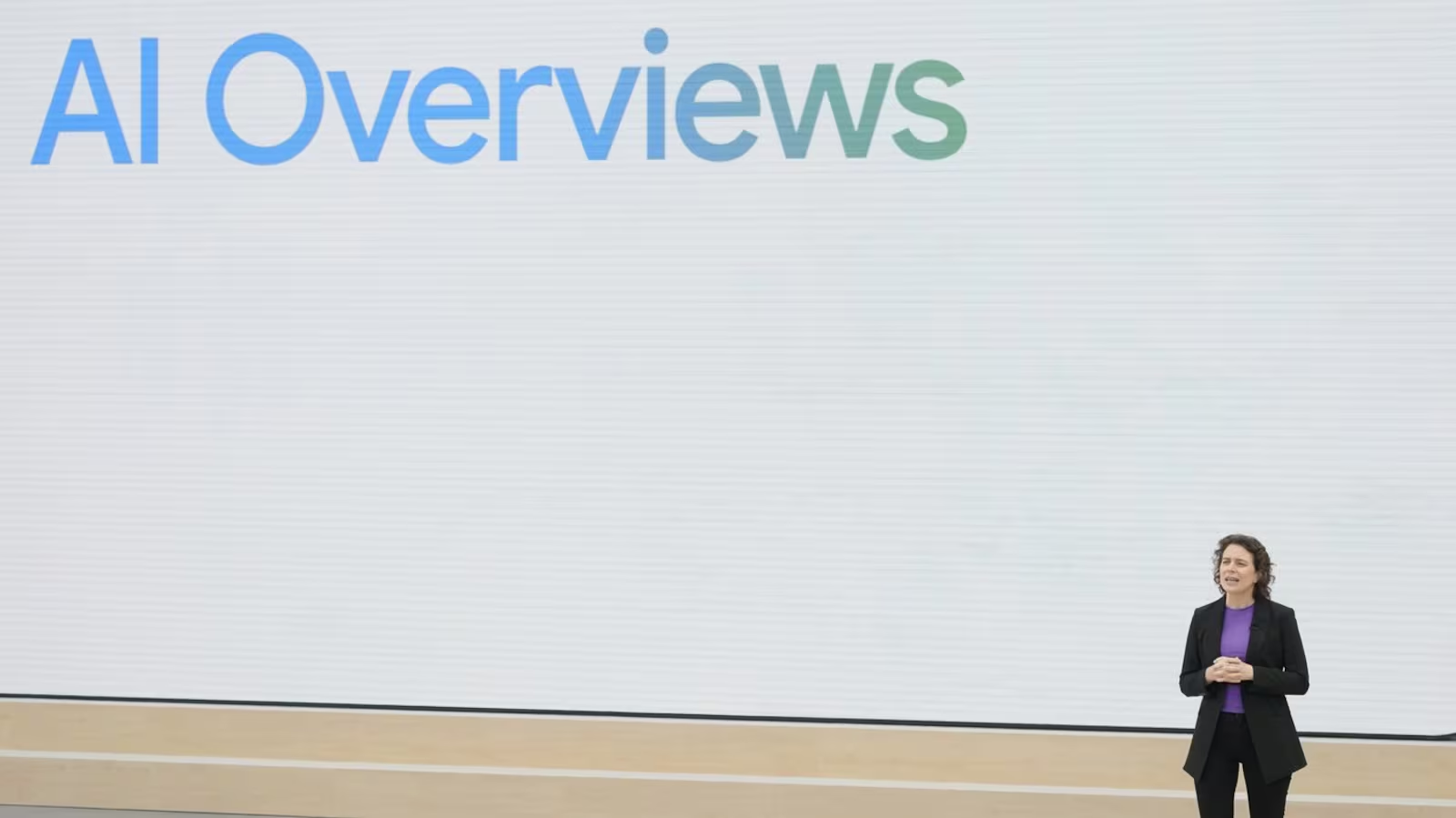Latest Ads
-
Jasmine Jewel
Call
-
Omidan group
Call
-
Amir Madanpour
Call
-
Dimo studio
Call
-
Yorkacademy
Call
-
Maryambagheri
Call
-
Shishlix Restaurant
Call

Canadian news site traffic drops as AI summaries emerge on Google
OTTAWA — News publishers in Canada are warning that AI-generated summaries that appear at the top of Google search results are causing a significant drop in traffic to news websites. Experts are also warning about the accuracy of the summaries and their impact on shaping online content.
Google introduced its “AI Overview” feature last year, but examples of the system’s mistakes, such as a bizarre suggestion to use glue on pizza, have sparked controversy. Experts say that even as the technology improves, problems with information accuracy may persist.
“This is a massive technological shift that has transformed the way we search and our daily lives, without there being enough public discussion about it,” says Jessica Johnson, a senior researcher at McGill University.
While users have reported some errors in the summaries, there has been no rigorous academic research into the extent and scope of the problem. A BBC report found that chatbots from Google, Microsoft, OpenAI, and Perplexity have “significant errors” in summarizing news.
Google warns at the bottom of each summary that “AI responses may be wrong,” and a spokesperson for the company stressed that most summaries are accurate and that Google continues to improve their quality and usefulness.
Chirag Shah, a professor of artificial intelligence at the University of Washington, explained that AI systems don’t understand concepts like humans do, and instead make predictions based on vast amounts of data. “AI can’t tell if source documents are wrong or if information is outdated or humorous,” he added.
With the proliferation of AI in Google Search and the rise of chatbots like ChatGPT, the way people search the web has fundamentally changed. A study by the Pew Research Center found that users are less likely to click on links when search results include AI summaries; click-through rates have dropped from 15 percent to 8 percent.
This has raised serious concerns for news publishers. “Zero clicks means zero revenue for the publisher,” said Paul Deegan, CEO of News Media Canada. Alfred Hermida, a journalism professor at the University of British Columbia, added that users may not need to visit the sites anymore once they see the summaries.
Last month, a group of independent publishers in the UK filed a complaint alleging that AI summaries are hurting their business. Caldon Bester, director of the Canadian Antitrust Project, noted that the issue could also be investigated under Canadian competition law.
While Google’s head of search, Liz Reid, has said that “organic click volume” has remained relatively stable, some experts say that the usefulness of summaries does not necessarily mean their authenticity. This, combined with restrictions on the display of news links on Facebook and Instagram, has left Canadian publishers facing a “double whammy.” “What’s the point of producing our content if no one sees it or we don’t get any revenue from it?” Johnson said.
News source
Suggested Content
Latest Blog
Login first to rate.
Express your opinion
Login first to submit a comment.
No comments yet.


































